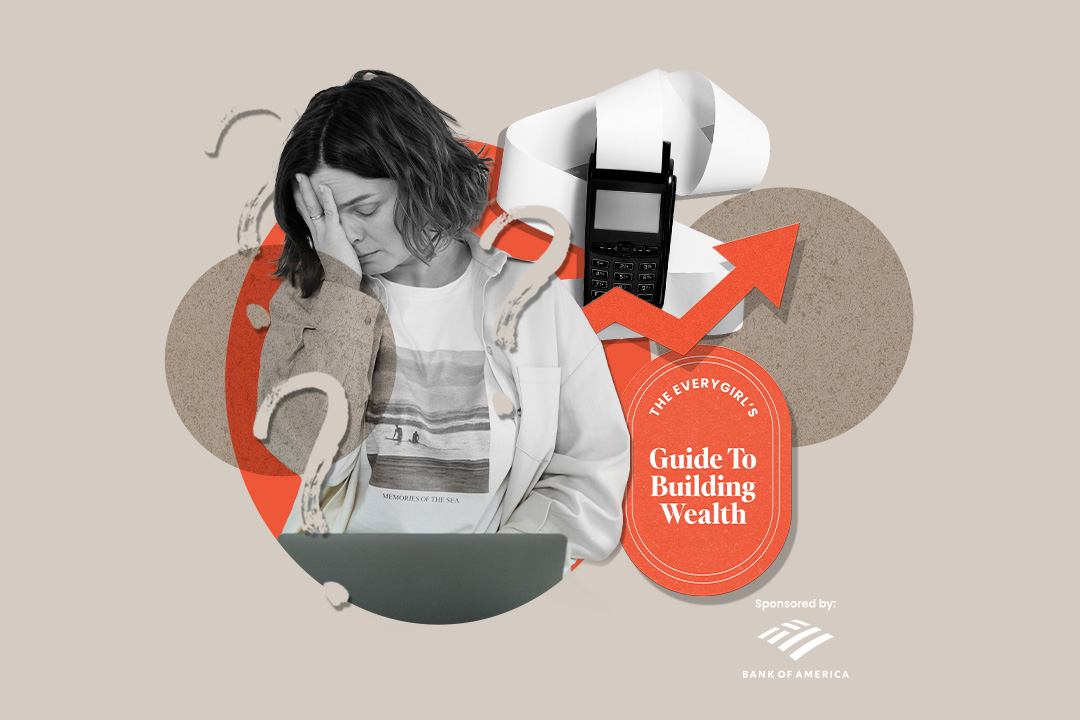When I finally gave in and created a TikTok account after resisting for quite some time, I discovered what the rest of the world has known for years: The app is brimming with intriguing and educational content. I’ve picked up tips on finding the right beauty products for my skin type, changing a light fixture, and most recently, managing my friendships. One evening, while casually scrolling through TikTok, I stumbled upon a video by Tinx (known as TikTok’s “big sister”) where she introduces the “Fatal Flaw Friend Theory.” Implementing this rule in my friendships enhanced their depth, meaning, and purpose. So, what exactly is this rule, and why is it so impactful? Keep reading to explore my journey and how you can apply this concept to your own relationships.

What is the “Fatal Flaw Friend Theory?”
The rule, described as “more a rule than a theory” by Tinx, suggests that everyone possesses a fatal flaw or a significant flaw that may cause distress. Upon identifying each friend’s fatal flaw, you have the choice to either accept it and overlook it or reconsider the friendship. If the flaw is intolerable, such as constant validation-seeking, telling harmful lies, or frequently canceling plans last minute, it may warrant reevaluation of the friendship. Otherwise, you risk being consistently upset with a friend for a trait that you were already aware of and could anticipate. In essence, pinpoint the most irksome quality in each friend, decide whether to embrace it or contemplate the friendship’s future.
@tinx Answer to @jfeldman20 another tinx theory that has served me well #adviceforgirls #friendshipadvice #theories ♬ original sound – Tinx
My experience
I learned to appreciate my friends more
As someone who didn’t meet her closest friends until college (except you, mom—love you!), I have limited experience with friendships compared to those who grew up sharing friendship bracelets. Due to the time it took to find friends with aligned personalities and values, I used to fret that any irritating traits meant we weren’t compatible. Tinx’s rule helped me realize that certain flaws should be embraced. Just because a friend possesses a flaw doesn’t negate their value as a good friend.
My two best friends exhibit strong-willed, impatient, leadership characteristics (they’re fire signs—that’s just who they are!). While these traits might occasionally bother me, applying the Fatal Flaw Friend Theory made me recognize that minor irritations, like extreme punctuality or seeking advice without following it, are just that—minor. Accepting these imperfections allows me to see the immense worth my friends bring to my life. I’ve ceased being irked when they arrive excessively early or exhibit restlessness because these behaviors are now anticipated. This theory urged me to be less critical of my friends’ shortcomings. Instead of irritation, I’ve learned to step back and appreciate the positive aspects of our relationships.
…and I realized which friendships weren’t worth keeping
Conversely, a few friends displayed excessive competitiveness and a tendency for backhanded compliments. While I initially tried to accept them as they were, believing it made me a good friend, I eventually recognized that these fatal flaws jeopardized our friendship. The negative aspects outweighed the positive ones. Their flaws were neither tolerable nor appreciated, so why subject myself to daily negativity by being bothered with traits I knew to expect? The choice was mine—tolerate their behavior continuously or distance myself and focus on relationships that bring joy.
Essentially, the fatal flaw theory suggests that if a relationship brings more sorrow than happiness, it’s time to let go. However, for friendships worth preserving, accept individuals as they are to avoid perpetual annoyance or frustration. This rule has become my measure for past, present, and future friendships: Former relationships ended due to an inability to accept each other’s flaws, current friendships are enriched by greater patience and acceptance, and I understand that future friends will also possess flaws—I must discern which are worth accepting (just as my best friends accept mine!).
How to apply the Fatal Flaw Theory to your friendships
1. Check in with yourself
It’s easy to become immersed in a friendship to the extent that you overlook whether it truly brings you joy. Perhaps you’re in a rut, have been friends for so long, or believe you need this friend for validation or connections. There’s a chance you don’t even realize the friendship doesn’t genuinely make you happy. Take a moment to reflect on your feelings when you’re with your friend. If their flaws overshadow the positives to a point where you dread their company, it might signal an issue that cannot be ignored.
2. Get clear on your goals
What do you wish to gain from the friendship? Are you seeking a shopping companion, a confidant, or something in between? Evaluate what you aim for in a friendship (and you might have distinct goals for different friends). Each friendship serves a unique purpose; for instance, if you desire a lifelong supportive friend, but they never answer their phone, the relationship will always fall short of your expectations. Not every friend can fulfill every need, and it’s acceptable to have different friends for varying purposes, but ensure your needs are met.
3. Set boundaries
If you find yourself not entirely enjoying a relationship but aren’t ready to part ways, try establishing personal boundaries initially. Boundaries delineate how you expect to be treated and what behaviors are unacceptable. For example, if a competitive friend’s behavior causes stress (be it competition over work, relationships, or your social circle), acknowledge your role in the competitive dynamic and communicate your preferred interaction. A genuine friend will respect your boundaries and collaborate to improve the relationship.






